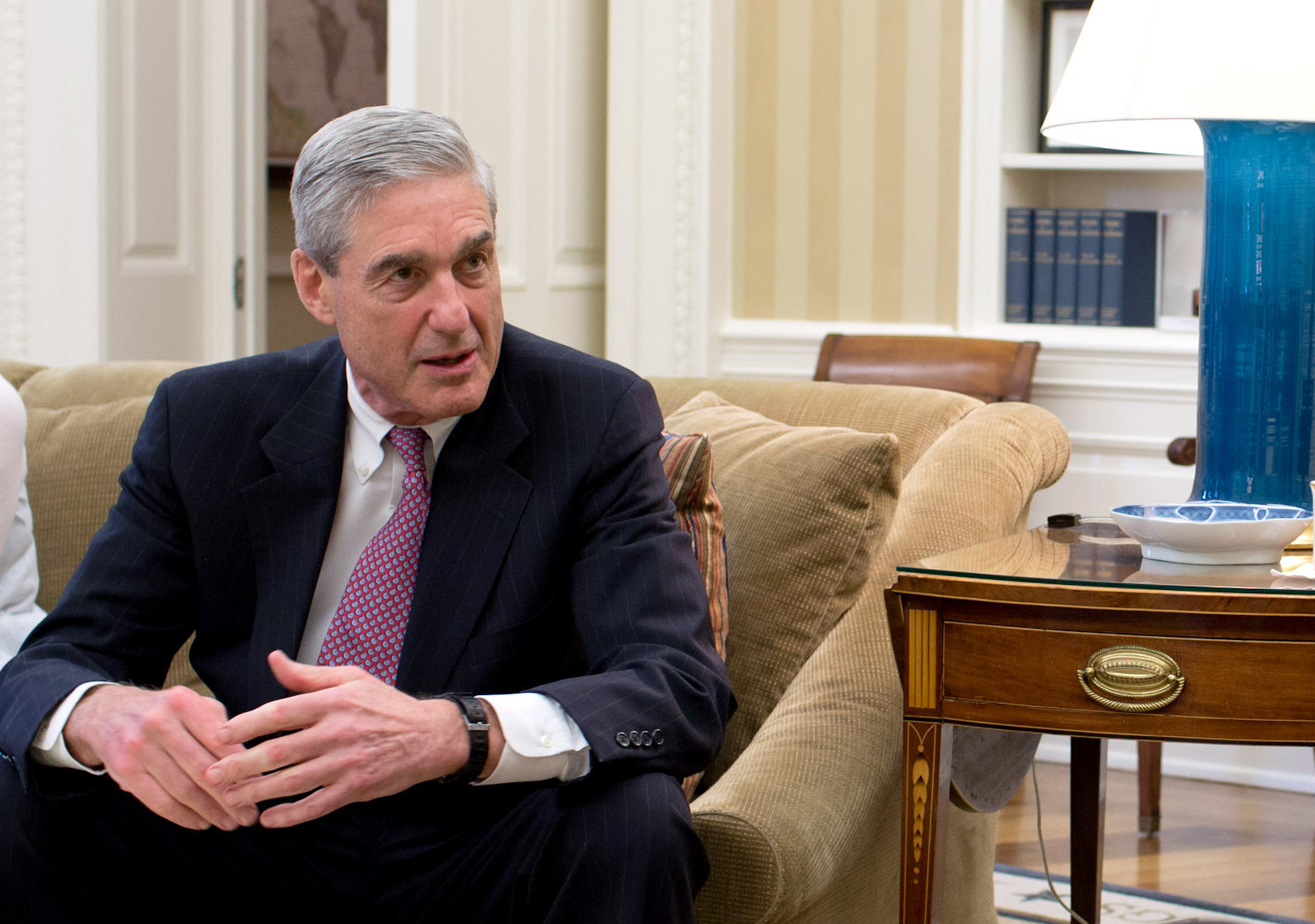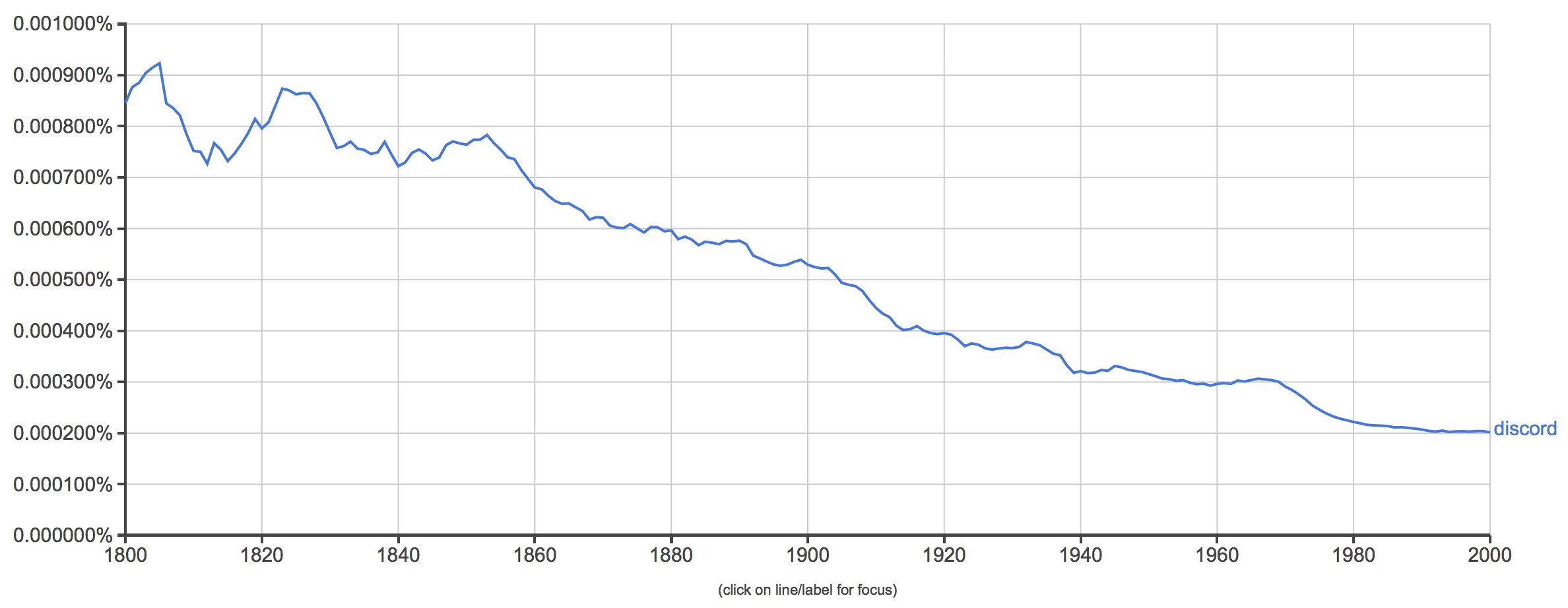Sign up for The Media Today, CJR’s daily newsletter.
The word “discord” appears just once in the 37-page federal indictment of 13 Russians and three organizations. On page 4, the indictment says the Internet Research Agency “had a strategic goal to sow discord in the U.S. political system, including the 2016 U.S. presidential election.” (Emphasis added.)
Elsewhere, the indictment uses “interfere” or “interference” 18 times; “fraud,” “defraud,” and “fraudulent” 22 times; “false” or “falsely” 53 times; and various forms of “conspire” 140 times.
ICYMI: One of the most dangerous jobs in journalism is one you might not expect
Shortly after the indictment, White House Press Secretary Sarah Huckabee Sanders said the president was pleased with the indictments—at least with their failure to indicate “collusion” with his campaign—but that “we cannot allow those seeking to sow confusion, discord, and rancor to be successful.” But then Trump tweak-tweeted that if the Russians’ goal was to “create discord, disruption and chaos within the U.S.,” they wildly succeeded. (“Disruption,” “rancor,” and “chaos” don’t appear in the indictment.)
“Discord” has drawn the most attention. Television journalists were particularly fond of talking about the “discord” alleged in the indictment, even when they weren’t actually quoting the indictment.
A New York Times headline said “Russian Meddling Was a Drop in an Ocean of American-Made Discord.” After the school shooting in Parkland, Florida, CNN reported that “Russia-linked bots are promoting pro-gun messages on Twitter in an attempt to sow discord in the aftermath of the Florida school shooting, monitoring groups say.”
The Oxford English Dictionary says “discord” first showed up in English as a noun about 1230, from the French “descord(e).” Its original usage was “Disharmony or disagreement between people; mutual antagonism; dissension, contention, strife,” the OED says. “Discordance” showed up about 100 years later, because why have one noun when you can have two?
RELATED: Separating fact from flak in coverage of the Mueller investigation
Samuel Johnson’s 1805 dictionary described “discord” as “disagreement; opposition; mutual anger; reciprocal oppugnancy.” (That last is a wonderful word that has, alas, all but reached obsolescence.)
“Discord” is another word that doesn’t have an exact positive form in English. While “disagreement” has “agreement,” “discord” does not have “cord” or even “cordance.” But it does have “accord,” dating to 1275, the OED says, and “accordance,” about 1388.
But “discord” has apparently become more disagreeable, at least in books, according to this Google n-gram viewer, which shows that it reached its peak about 1805 and been trending steadily downward since.
The most common word appearing with “discord” is the verb “sow” or its participle “sowing,” as if seeds of “discord” were being planted. As we wrote a little more than a year ago, these common combinations are called “collocations.”
Somewhat surprisingly, lookups of “discord” didn’t spike at Merriam-Webster after the indictment, though it’s now in the top 20 percent of words looked up. (“Hoax” and “unwitting” did spike after the indictments.) But let’s be honest: When was the last time you used “discord” in ordinary conversation?
We have so many words to describe the condition of “discord” that it’s used less commonly than it might be otherwise. How about “conflict,” “disharmony,” “dissension,” division,” “friction,” or “strife”? It’s more than a “disagreement,” but less than “warfare.”
However, “discord” has buried in it the connotation that the parties at one another’s throats would normally be in closer agreement. That makes it particularly apt to use “sow” with “discord.” A single seed, planted in a crack of a mighty rock, can grow and split that rock asunder.
ICYMI: A shocking New York Times report on the Florida school shooting
Has America ever needed a media defender more than now? Help us by joining CJR today.




